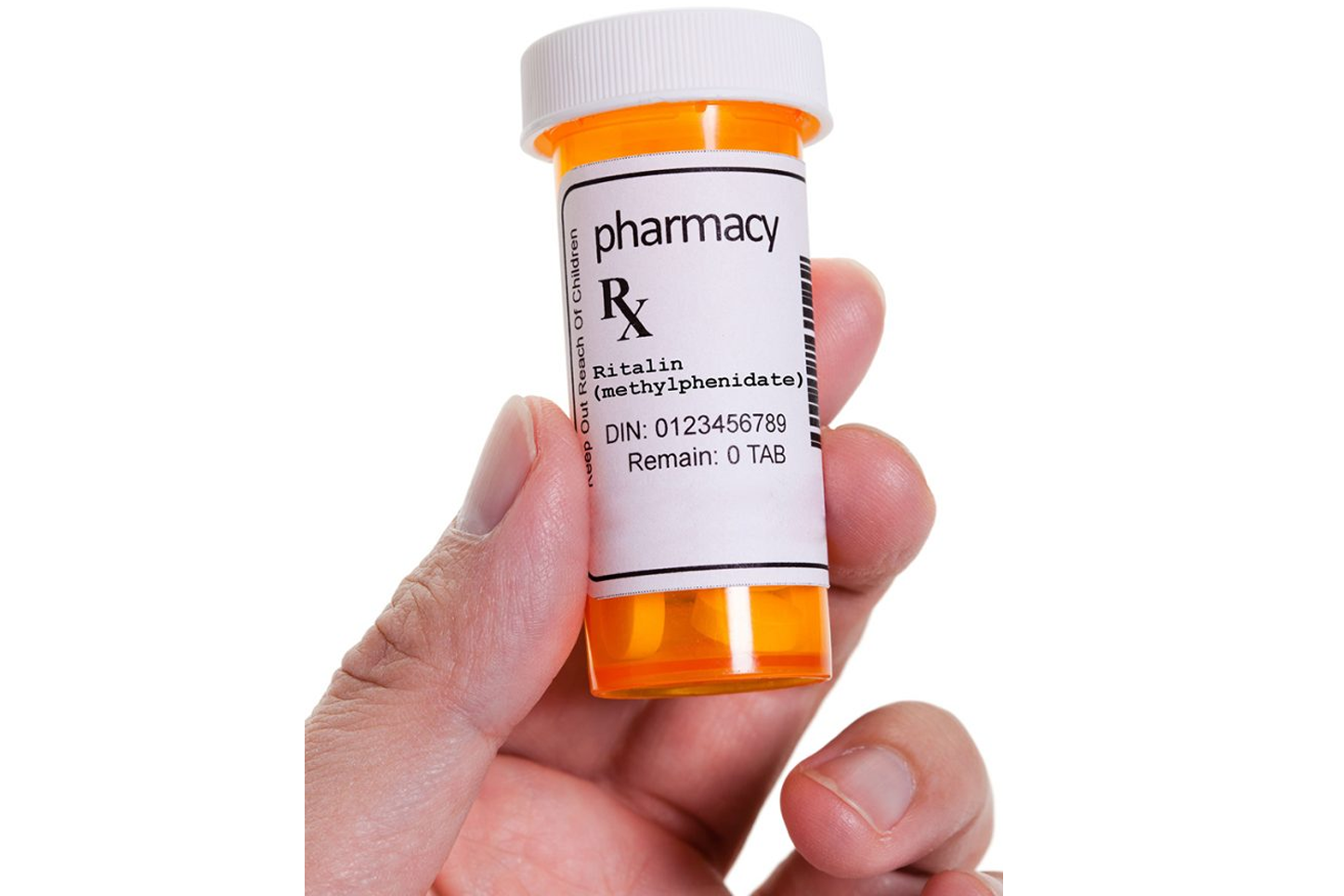You’re done with your rehab program for Ritalin addiction. Does that mean you can now be carefree to go back to society? Definitely, you can already go back to your normal life with friends and family, as long as your doctor says so, right?
But besides that, a more pressing concern is relapse prevention. In this article, we’re going to tackle that. Relapse prevention is your next endeavor after completing treatment. You need to stay sober until such time that triggers can no longer tempt you to go back.
Keep reading to learn more. If you have any questions, feel free to reach out.
What are the 4 main ideas when it comes to relapse prevention?
Going to a formal drug rehab facility is your best choice if you want to recover. They have the proper equipment, medical supplies, and trained professionals to assist you on your recovery journey. During treatment, you will get prescribed medications, therapies, and counseling to help you recover from Ritalin addiction.
Now, in terms of relapse prevention, we have four main ideas to know:
1.  Relapse is a slow process with different stages. You will learn these stages during your treatment process.
Relapse is a slow process with different stages. You will learn these stages during your treatment process.
2. Recovery from an addiction is a developmental process where you see the personal growth of a patient. Each stage has its respective risk for a relapse.
3. Developing a healthy coping mechanism is your best tool to avoid relapse. Cognitive therapy and relaxation are your keys to developing an effective relapse prevention action.
4. There are rules to explain why relapse happens to a patient. Teaching these rules to the patient is essential to help prevent their addiction from coming back. Here are the rules needed to be shared with them:
a. Recovery is creating a new life
b. You need to be honest with yourself and with the people around you
c. Self-care is a must
d. Never violate the rules
How Cognitive Therapy can help prevent relapse?
It all starts in the mind. This is proven and tested for most cases of patients undergoing rehab treatment. You need to change your negative thinking so that you can be successful in your recovery and relapse prevention. Cognitive therapy plays an important role in reshaping your mind to be more positive on your recovery journey.
Below are the common negative thinking being resolved by Cognitive therapy on patients:
●  My addiction problem is caused by other people
My addiction problem is caused by other people
● I don’t think I can continue with life without using it
● Perhaps, I can use it sometimes
● I think life will no longer be fun without using it
● I fear that I might turn into someone I don’t like if I don’t use it
● I don’t think I can handle the pressure of treatment
These negative thoughts are going to ruin your mood and determination to recover from addiction. They are going to put down your self-motivation to live a normal healthy life again. But cognitive therapy is there to help you counter these negative thoughts.
Cognitive behavioral therapy (CBT) is a clinical process of helping patients shape their minds for recovery. Below are the main strategies on how this therapy can help relapse prevention:
● It helps patients identify their negative thoughts, and re-assess them from a positive perspective.
● Helps patients better understand their behavior and motivation to recover.
● It enhances the patient’s problem-solving skills to handle negative thinking and triggers.
● It helps develop confidence in oneself to be successful in rehab treatment.
The things done by cognitive therapy on a patient help them correct their behavior and thinking. This is essential to one’s recovery from Ritalin addiction.
How does changing one’s behavior help prevent relapse from Ritalin Addiction?
If you purely rely on detox and medication for recovery, you have a slimmer chance to be sober for life. Changing your behavior is a major factor when it comes to long-term sobriety.
Cognitive therapy and counseling can help you correct your bad habits and thinking. Here are some of the strategies done by professionals to correct the behaviors of their patients:
● Helping patients face their fears instead of moving away from them
● The use of role-plays in helping patients practice how they’d react to triggers
● Practicing them how to calm their mind and body
These are the three main techniques used by psychologists when they apply cognitive therapy to patients. Not all will be applied since that will depend on their diagnosis and findings. Rest assured, the therapy will be collaborative and friendly to patients.
That’s why CBT is incorporated for Ritalin Addiction Treatment since it helps patients change their behavior and mindset toward sobriety. The therapist aims to help patients become the therapist of themselves since they are guided on determining their negative thoughts and how they can work around them.
How does dealing with setbacks play an important role in relapse prevention?
 Setbacks are a normal thing for all people, not just for patients with addiction problems. The good thing with setbacks, you can learn from them instead of feeling down. If you position your mind to feel guilty and down with your setbacks, you will be pushed further to failure.
Setbacks are a normal thing for all people, not just for patients with addiction problems. The good thing with setbacks, you can learn from them instead of feeling down. If you position your mind to feel guilty and down with your setbacks, you will be pushed further to failure.
We don’t want that to happen, right? It becomes a terrible cycle when you let your setback pull you down. It takes away the motivation and optimism in you. Let’s not make that happen, instead, you need to think that setbacks are not failures but part of your recovery journey.
In that way, you’ll have a new perspective, that is to improve on your setbacks. Improving yourself from those mistakes is best for relapse prevention and recovery. It helps you positively cope with stress and triggers, instead of tempting yourself to use Ritalin again.
Seek Help Today
Prevent relapse to happen and live a healthier life
Ritalin addiction is treatable and finding a reliable rehab center is your best choice. They can give you a personalized treatment program based on their assessment of your condition.
As for relapse prevention, enrolling in an aftercare program is an excellent decision. They are like extension programs of your treatment plan before. By having this guidance, you are much closer to becoming sober for life.
In case you have questions, feel free to reach out. We’ll do our best to respond within 24 hours or earlier.
